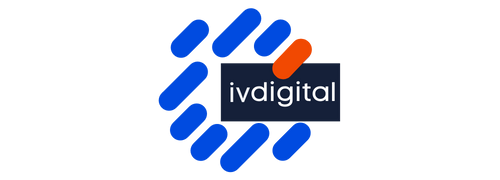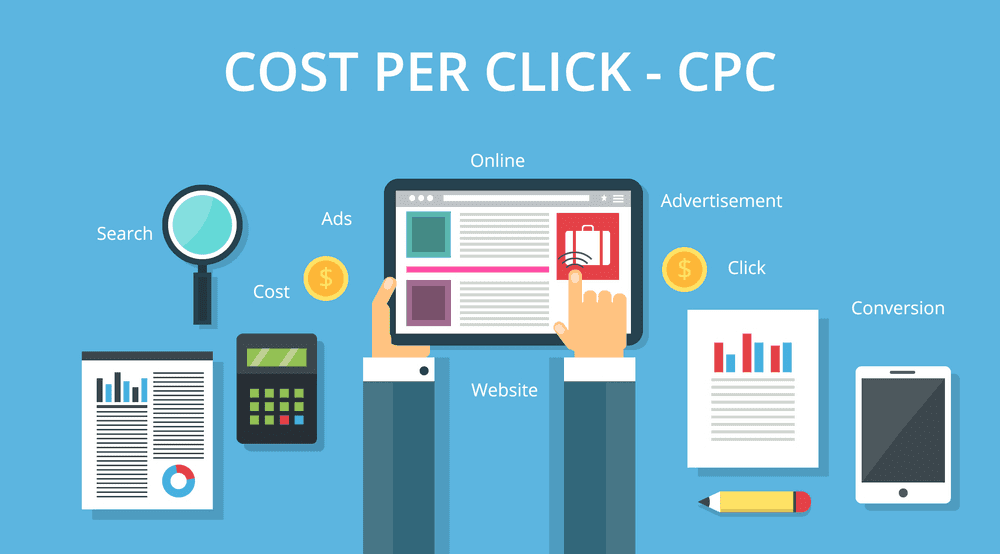In the world of online advertising, understanding and optimizing Cost Per Click (CPC) is fundamental to the success of digital marketing campaigns.
CPC is a key metric that measures the cost you incur each time a user clicks on your ad.
In this article, we’ll explore the concept of CPC, its importance, factors influencing it, and strategies to minimize CPC while maximizing your advertising budget.
Understanding Cost Per Click (CPC)
CPC is a metric used in pay-per-click (PPC) advertising models, where advertisers pay a fee every time a user clicks on their ad.
It’s a straightforward measure of the cost associated with driving traffic to a website or landing page. CPC is widely used in platforms like Google Ads, Facebook Ads, and other digital advertising networks.
The Significance of CPC
- Budget Efficiency: CPC allows advertisers to manage their budgets efficiently by providing a clear cost for each user interaction.
- Performance Measurement: CPC helps gauge the performance of advertising campaigns and individual ads, providing insights into their effectiveness.
- Ad Auctions: In competitive ad auctions, CPC plays a pivotal role in determining ad placement. A higher CPC can secure better ad positions.
- ROI Calculation: Knowing your CPC is essential in calculating the return on investment (ROI) from your advertising efforts.
Factors Influencing CPC
Several factors can influence the CPC you pay for your online advertising campaigns:
- Keyword Competitiveness: In keyword-based advertising, the competitiveness of the chosen keywords can significantly affect CPC. High-demand keywords often come with a higher cost.
- Quality Score: In platforms like Google Ads, the quality and relevance of your ads and landing pages impact your Quality Score, which, in turn, affects CPC.
- Ad Relevance: The relevance of your ad to the user’s search query or intent can affect CPC. Highly relevant ads often receive preferential treatment.
- Ad Position: Ads appearing in premium positions, like the top of search results, generally have a higher CPC.
- Bidding Strategy: Your bidding strategy, including manual or automated bidding, can influence CPC. Automated strategies may optimize for lower costs, while manual strategies offer more control.
Strategies to Minimize CPC
- Keyword Research: Invest time in comprehensive keyword research to identify relevant, cost-effective keywords that align with your campaign goals.
- Quality Score Optimization: Improve your ad quality and relevance to boost your Quality Score, which can lead to lower CPC.
- Negative Keywords: Use negative keywords to filter out irrelevant traffic and avoid paying for clicks that are unlikely to convert.
- Ad Copy and Landing Pages: Craft compelling ad copy and ensure your landing pages are highly relevant and user-friendly to improve ad relevance.
- Ad Extensions: Utilize ad extensions to enhance your ad’s value and user engagement, potentially reducing CPC.
- A/B Testing: Continually test different ad variations and landing pages to identify what resonates best with your audience.
- Geographic Targeting: Refine your targeting to specific geographic regions, focusing your ad spend on areas with higher conversion potential.
Monitoring and Adjustment
Regularly monitor your CPC and campaign performance. Make data-driven decisions and adjustments to ensure that your advertising budget is allocated effectively and that you’re achieving your campaign objectives.
In conclusion, understanding and optimizing Cost Per Click (CPC) is essential for the success of your online advertising campaigns.
By focusing on keyword relevance, quality, and ad relevance, you can reduce CPC and maximize the value of your advertising budget.
CPC is not just a metric; it’s a tool that, when harnessed effectively, can help you achieve your digital marketing goals while maintaining cost-efficiency.






